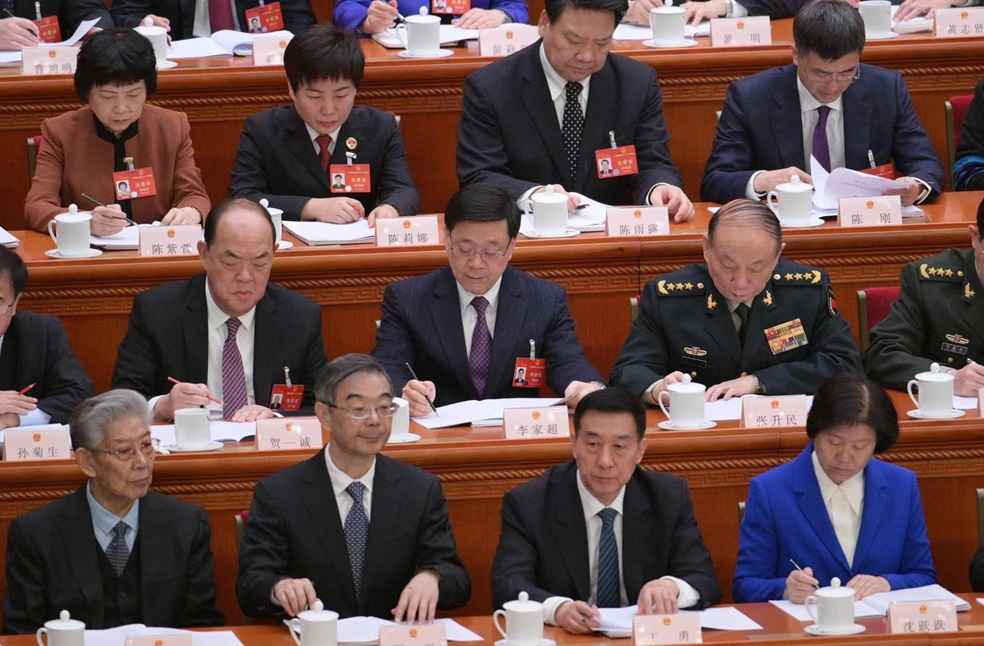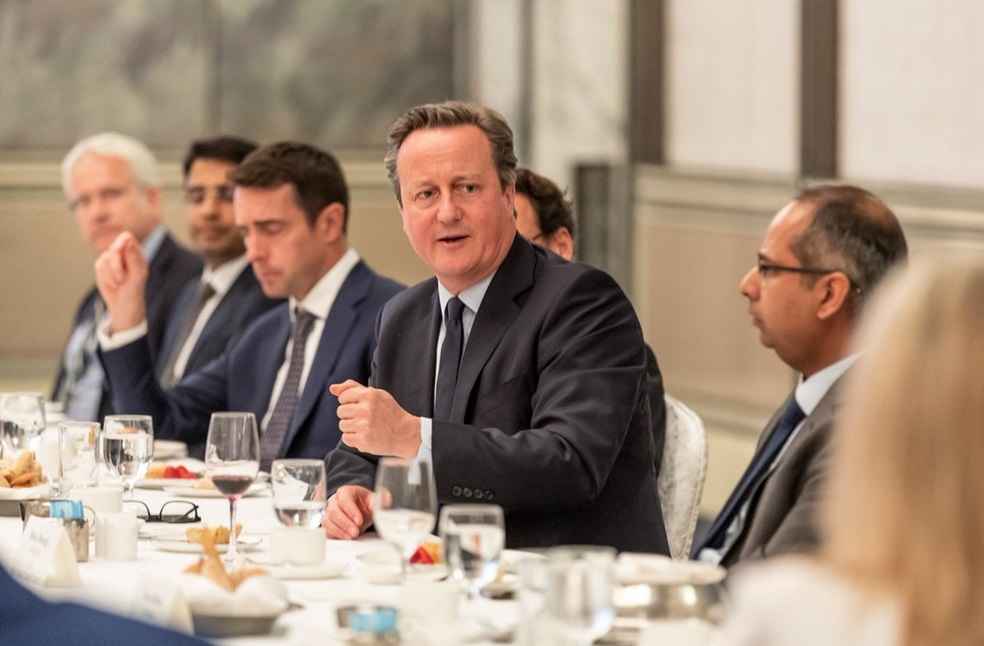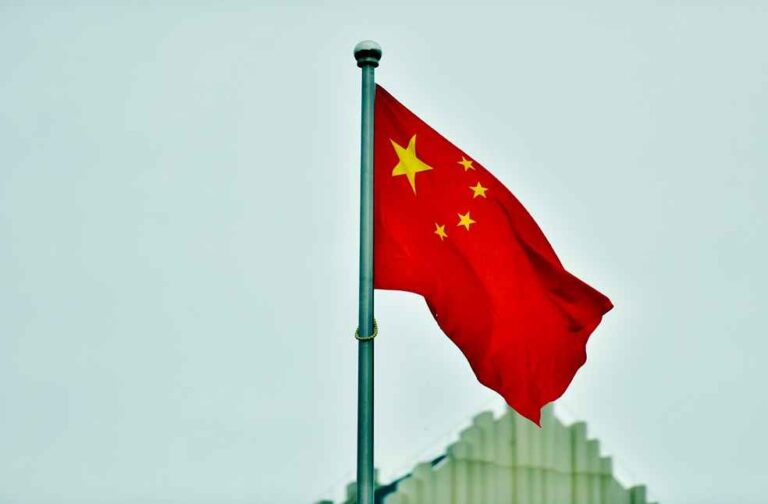China: The government of China has condemned international critics for denouncing Hong Kong’s safeguarding national security law, Article 23.
Hong Kong’s Legislative Council unanimously passed the Article 23 national security law. The new security law drew widespread criticism over its implications for fundamental freedoms in the Chinese-ruled city.
The safeguarding national security law, which follows China’s National Security Law passed in 2020, penalises a range of crimes, including treachery, subversion, treason, theft of state secrets, foreign interference and espionage. The new ruling includes lengthy prison sentences for these crimes.
According to Hong Kong’s leader John Lee, the new dimensions were invented to fill ‘gaps’ in Beijing’s legislation. This drew worldwide condemnation and provoked China to retaliate. Lin Jian, the Foreign Ministry spokesman, stated that, “China expresses strong dissatisfaction and firm opposition to certain countries and institutions slandering and smearing Hong Kong’s national security regulations.”

The Foreign Secretary of the United Kingdom, David Cameron, expressed concerns regarding the fast-paced legislative process. The British official described the approach as rushed, saying it would erode more rights and freedoms in the city, which was a former British colony before it was handed over to China in 1997.
During the fast-track lawmaking, Cameron said the Sino-British Joint Declaration, in which China agreed to operate Hong Kong under a ‘one country, two systems’ concept, was repealed. The internationally binding agreement was signed in 1984. He added that the new legislation would impact Hong Kong’s reputation as an international city.

Beijing’s foreign affairs commissioner remarked that, “The United Kingdom has been making inflammatory and irresponsible comments on Hong Kong’s situation. it’s all due to the deep-rooted mindset as a coloniser and preacher.”
The commissioner’s comments were also aimed at the European Union, which criticised the move and said that it bothered about the ‘potential impact on the rights and freedoms of the people of Hong Kong.’
The EU defined that the law may seriously influence the work of the European Union office and presented questions regarding Hong Kong’s long-term magnificence as an international business hub. Strong opposition to the EU’s comments and disdain for its hypocritical double standards and prejudice was expressed by the commissioner in his response.



